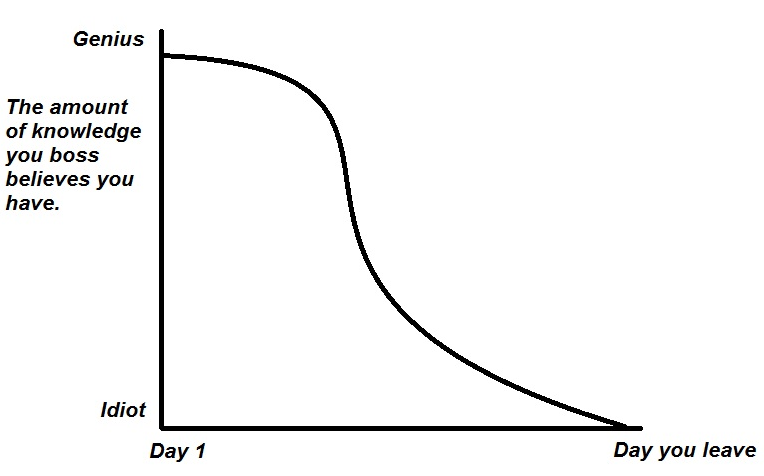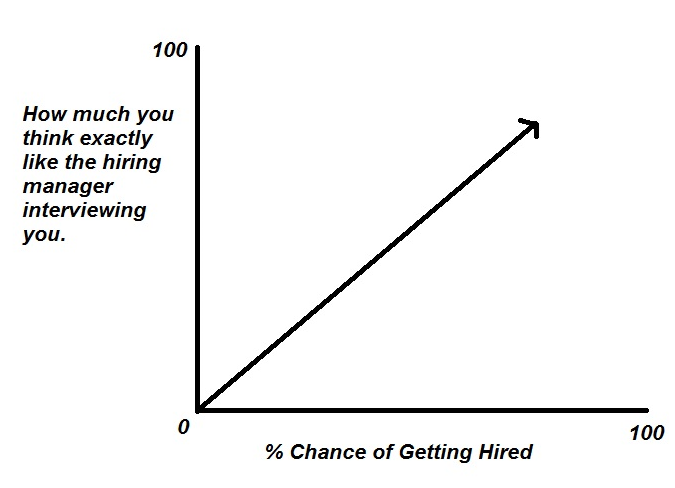Hey, gang I’m running a sponsored post by the great folks at Spherion regarding their 2014 Emerging Workforce Study which has some really great data, check it out.
The big ‘Wow’ that came out of the study for me is how organizations might be discounting how potential workers are using social media to influence their decision on who they work for! It used to be we would primarily rely on our social networks to give us insight to how we thought about potential employers. “Oh! I know my aunt used to work there and she loved it!” Or, “I know my neighbor works there and says it’s awful!” Now, it seems like we have an endless supply of opinions and connections about potential employers via the use of social media.
From the study:
- 44% of workers believe social media is influential in their view of a company they might work for.
- 51% of workers agree their company’s online reputation impacts its ability to recruit workers.
- 46% of workers say when they consider new employment, the company’s online reputation will be as important as any job offer they are given.
Too many organizations still do not believe social media really has that much of an impact to their hiring, or their ability to attract the best hires. This is especially true in small and medium sized businesses (SMB). In reality, SMB organizations might be impacted by a negative, or positive, social media perception of candidates than larger organizations, where the data gets washed out by the many numbers.
One other piece that came from the study is how organizations are failing to market towards all generations. Some of this, for sure, is based on the use of new media, which tends to target a younger workforce. Organizations really need to dig into their recruitment marketing strategy and specifically look at what mediums are we using and what are those mediums getting us from a candidate demographic perspective.
More interesting data from the study:
- Less than half (45%) of companies utilize tailored recruitment strategies based on different age groups or professions.
- Yet, recruiting workers isn’t a one-size-fits-all approach. Manufacturing workers are mostly likely to land their job through a staffing agency, while accountants rely on professional associations and networking, IT workers use online sources and admin/clerical workers secure their jobs through classified ads and company websites.
The reality is most organizations don’t dig into this, because like Tom Cruise in A Few Good Men, you don’t want to know the truth! The truth is, in my opinion, most organizations want to market towards younger workers, so they’re completely fine using a one approach marketing strategy that misses out on older, more experienced workers. It’s a poor strategy, for sure, as more competitive organizations are figuring out very quickly on how to use and leverage a more experienced aging workforce.
Check out the 2014 EWS Infographic:
Disclosure Language:
Spherion partnered with bloggers such as me for their Emerging Workforce Study program. As part of this program, I received compensation for my time. They did not tell me what to purchase or what to say about any idea mentioned in these posts. Spherion believes that consumers and bloggers are free to form their own opinions and share them in their own words. Spherion’s policies align with WOMMA Ethics Code, FTC guidelines and social media engagement recommendations.



